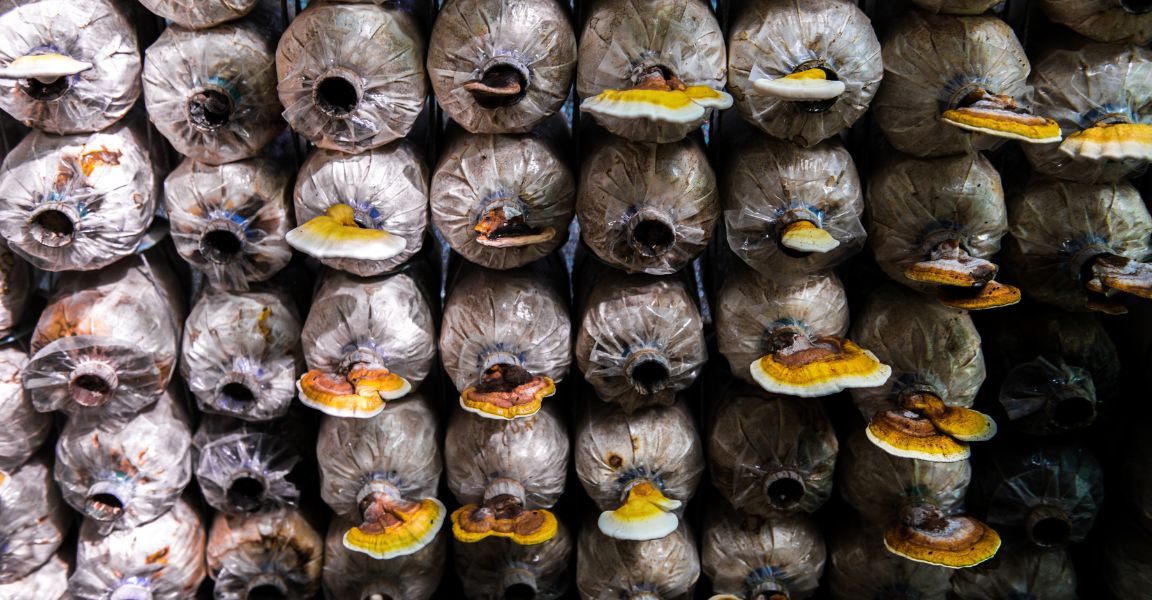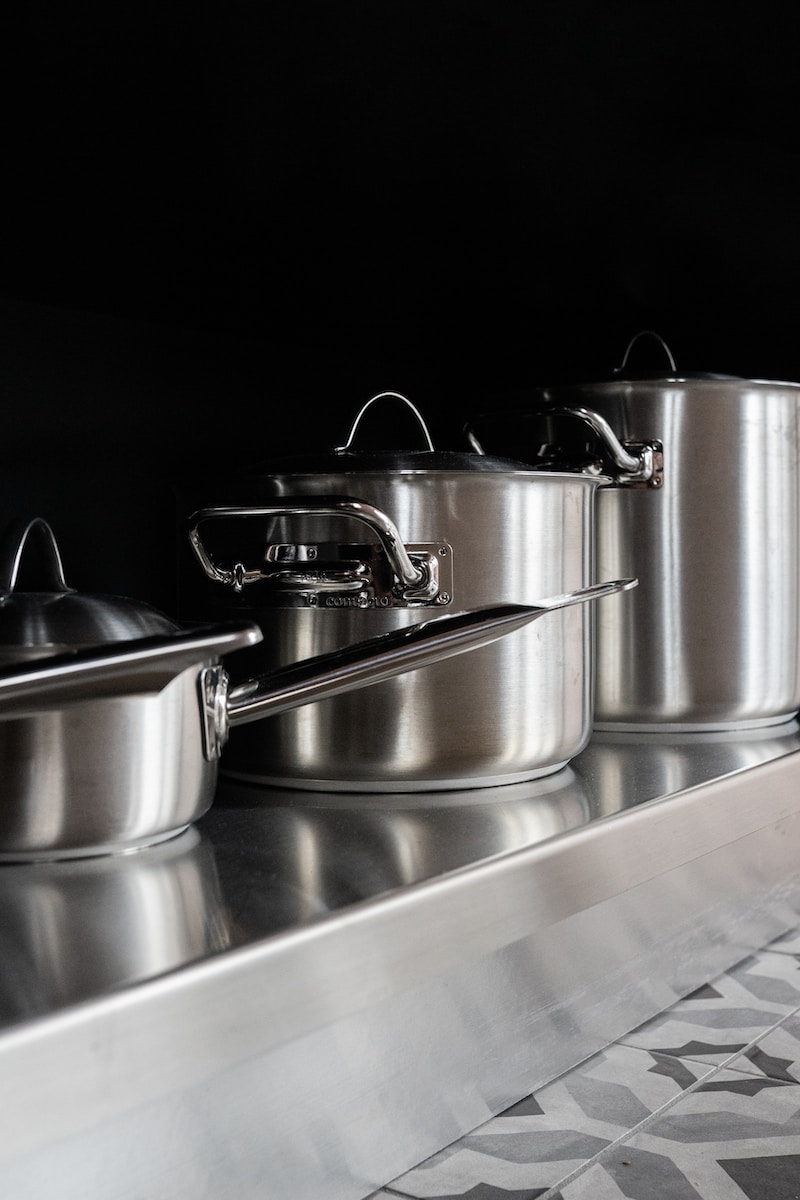Ladle of Contents
Key Takeaways
Using metal utensils on stainless steel is a common practice in many kitchens. However, it’s important to understand the potential impact on your cookware. This article will explore the pros and cons of using metal utensils on stainless steel, the alternatives available, and how to properly care for your stainless steel cookware.
The Pros and Cons of Using Metal Utensils on Stainless Steel
Stainless steel is a popular choice for cookware due to its durability, heat distribution, and resistance to rust and corrosion. However, using metal utensils on stainless steel can lead to scratches and damage over time. On the other hand, metal utensils are durable, easy to clean, and can withstand high temperatures, making them a practical choice for many cooking tasks.
Alternatives to Metal Utensils
There are several alternatives to metal utensils that can be used on stainless steel without causing damage. These include wooden, silicone, and plastic utensils. Each of these options has its own set of advantages and disadvantages, which will be discussed in detail in the following sections.
Wooden Utensils
Wooden utensils are a popular choice for use with stainless steel cookware. They are gentle on the surface of the cookware, preventing scratches and damage. However, they require more care and maintenance than metal utensils, as they need to be hand-washed and occasionally treated with mineral oil to prevent drying out and cracking.
Silicone Utensils
Silicone utensils are another good option for use with stainless steel. They are heat-resistant, easy to clean, and gentle on cookware surfaces. However, they can be less durable than metal or wooden utensils, and may not be suitable for heavy-duty cooking tasks.
Plastic Utensils
Plastic utensils are often the most affordable option, and they are also gentle on cookware surfaces. However, they are not as heat-resistant as other options, and can melt or warp if exposed to high temperatures. Additionally, they can sometimes leave a plastic taste in food, particularly when used with acidic ingredients.
Caring for Your Stainless Steel Cookware
Regardless of the type of utensils you choose to use, proper care and maintenance of your stainless steel cookware is essential. This includes regular cleaning, avoiding extreme temperature changes, and using gentle, non-abrasive cleaners. With proper care, your stainless steel cookware can last for many years.
Conclusion
In conclusion, while metal utensils can be used on stainless steel, they can cause scratches and damage over time. Alternatives such as wooden, silicone, and plastic utensils can be gentler on your cookware, but each has its own set of pros and cons. Ultimately, the best choice will depend on your personal preferences, cooking habits, and budget. Regardless of the utensils you choose, proper care and maintenance of your stainless steel cookware is essential for its longevity.








